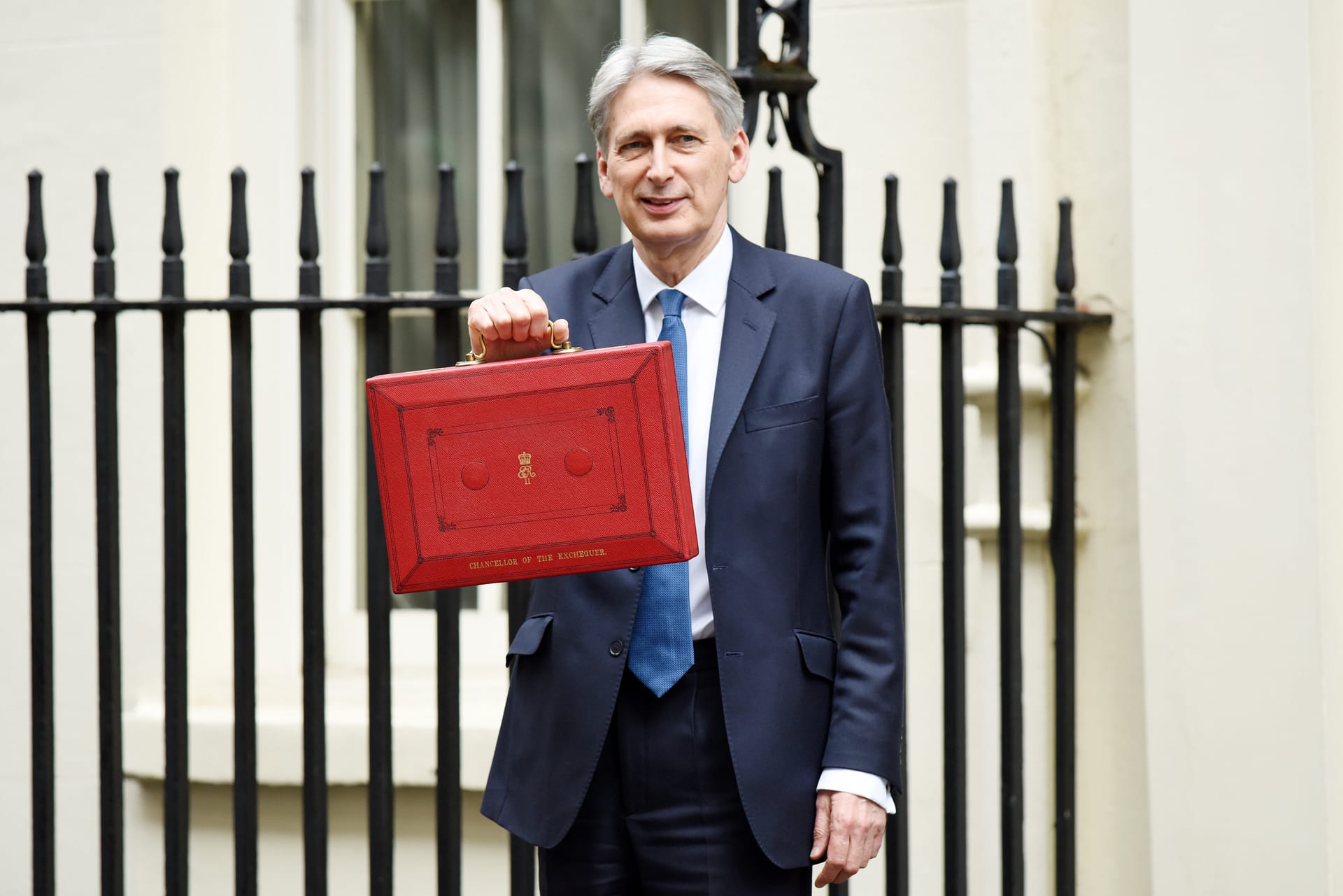This week’s EU leaders meeting risks exposing national dividing lines over budgets and rescue fund plans.
EU leaders are set to hold their latest meeting this week on Friday 17 July. But instead of staring at their laptops, for the first time in 5 months, EU leaders will instead be taking advantage of the recently reopened borders to Brussels to meet in person, face to face, in the EU’s Europa Building in Belgium’s capital city.
This is potentially a very important difference. With EU leaders famed for their last-minute, late-night eleventh-hour deals, the necessary back-channel and impromptu side-room discussions so important to high-level diplomacy has been that much harder to arrange on video calls.
While there is much focus on the proposed €750bn EU-wide recovery plan (worth around 5% of one year’s EU GDP and comprised of €500bn of grants and €250bn of loans), also on the agenda will be the proposed €1.1trn EU seven year 2021-2027 EU budget.
With Germany recently taking over the 6-month rotating EU Council presidency on 1 July, markets will be hoping that the joint-support from the German Chancellor Angela Merkel and French President Emmanuel Macron will be enough to encourage broader support around the proposed EU recovery plan.
But exposing national dividing lines, there is still stiff opposition from more fiscally prudent countries such as Austria and Netherlands who continue to push back on the idea of grants vs loans, with the former effectively a transfer between members.
With grants requiring a mutualisation of debt, some have suggested this might be Europe’s ‘Hamilton’ moment, comparing it to the US decision put forward by Alexander Hamilton in 1790 to federalise the debt of individual US states, but we would be more circumspect.
Rather than falling in just one year, the EU’s so-called ‘Next Generation’ rescue package is expected to be spread across several years, with planned commitments between 2021 and 2024.
Moreover, EU documents note that this is a ‘one-off emergency instrument, put in place for a temporary period and used exclusively for crisis response and recovery measures’, and therefore somewhat different to a ‘Hamilton’ permanent mutualisation of debt.
With all 27 EU members needing to agree on any proposal, the risk remains that the package ends up disappointing in both pace and scale, and this could leave the EU as a relative underperformer against more ambitious and coordinated policy responses being delivered elsewhere in the world.






Leave a Comment